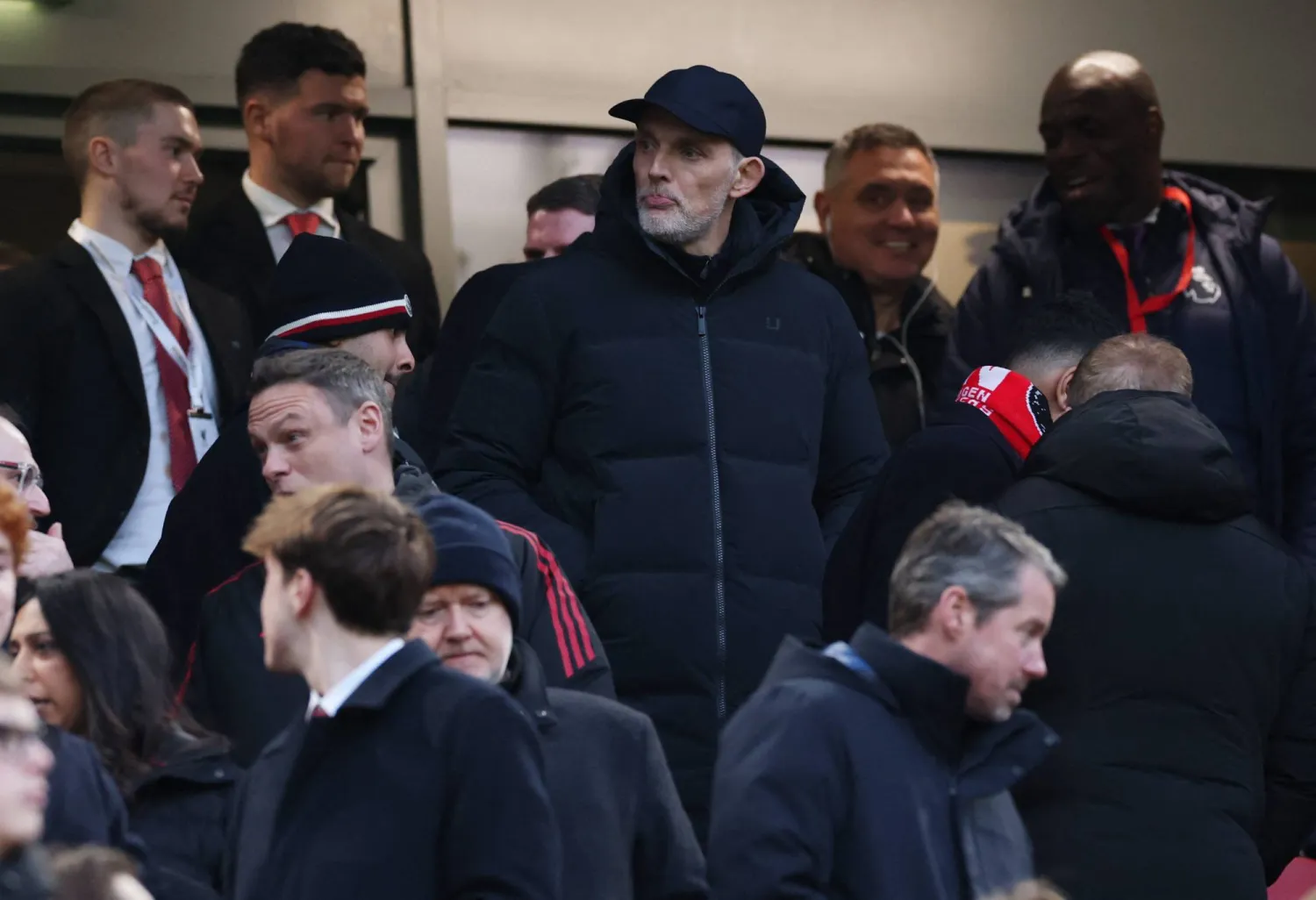Zhang Shuai’s drought-busting week came to a shuddering halt as Paula Badosa continued her own resurgence in a 6-1, 7-6 (4) victory to make the China Open semifinals on Thursday.
The 19th-ranked Spaniard has won 28 of her last 35 matches dating to May and made the semifinals of three of her past five tournaments. There was also a run to the US Open quarterfinals last month.
But the story of the week has been the 35-year-old Zhang, who entered the China Open on a 24-match losing streak — the second longest in the Open era — and ranked No. 595. She didn't drop a set in four matches this week.
The Chinese wild card had no answer, though, to Badosa's fast start as the Spaniard made three service breaks to comfortably claim the opening set.
It was much closer in the second set as Badosa found herself down 3-1. She rallied and edged Zhang in the tiebreak.
The former No. 2-ranked Badosa will play No. 6 Coco Gauff or No. 115 Yuliia Starodubtseva, who play later Thursday.
Gauff advanced to the quarterfinals after four-time major winner Naomi Osaka was forced to retire because of a lower back injury. The American helped carry Osaka’s bags off the court.
Shanghai Masters Italy's Matteo Berrettini bounced back from the disappointment of an injury ending his Japan Open last week by squeezing past Christopher O'Connell 7-6, (9) 7-6 (6) in the Shanghai first round.
The Italian, who retired with an abdominal injury in the second round in Tokyo last Friday, had his fitness given a stern examination by the Australian in a lung-busting match lasting two hours, 13 minutes.
Next up for the former Wimbledon finalist is No. 14-ranked Holger Rune.
Other first-round winners included Marcos Giron, David Goffin, Jaume Munar, Zhou Yi, Jakub Mensik and Miomir Kecmanovic.
The 32 seeded players received a first-round bye, including top-ranked Jannik Sinner and second-ranked Carlos Alcaraz, who won the China Open against the Italian on Wednesday. Sinner starts against Taro Daniel of Japan, and Alcaraz faces Shang Juncheng of China.
Badosa Ends Zhang's Resurgence at China Open

Paula Badosa of Spain celebrates after winning the China Open tennis tournament women's singles match against Zhang Shuai of China at the National Tennis Center in Beijing, Thursday, Oct. 3, 2024. (AP Photo/Achmad Ibrahim)

Badosa Ends Zhang's Resurgence at China Open

Paula Badosa of Spain celebrates after winning the China Open tennis tournament women's singles match against Zhang Shuai of China at the National Tennis Center in Beijing, Thursday, Oct. 3, 2024. (AP Photo/Achmad Ibrahim)
لم تشترك بعد
انشئ حساباً خاصاً بك لتحصل على أخبار مخصصة لك ولتتمتع بخاصية حفظ المقالات وتتلقى نشراتنا البريدية المتنوعة







